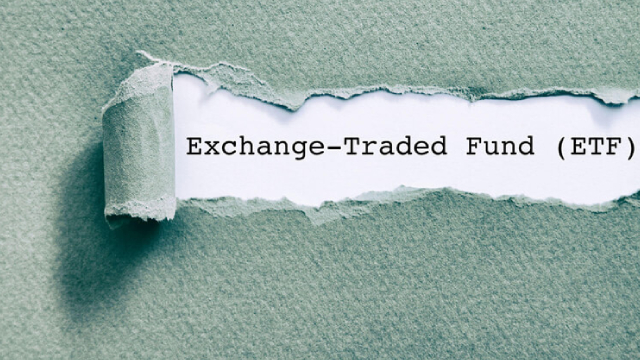XLI Stock Recent News
XLI LATEST HEADLINES
The Industrial Select Sector SPDR ETF (XLI) was launched on December 16, 1998, and is a passively managed exchange traded fund designed to offer broad exposure to the Industrials - Broad segment of the equity market.
The Investment Committee give you their top stocks to watch for the second half.
Dealmakers are raking in billions in M&A despite lingering fears about trade wars and geopolitics. Transaction values are up almost a fifth this year at $2.2 trillion, according to data compiled by Bloomberg.
Of the variety of market risks looming about portfolios, concentration risk deserves special mention. Inflation provides a persistent, stubborn specter, and geopolitical issues pose particularly painful, but perhaps smaller, risks.
Key Points in This Article: Bill Gates' investing philosophy emphasizes stability, quality, and long-term value, drawing from the investment approach of his major charitable trust, the Bill & Melinda Gates Foundation Trust.
The @brownreport's Jason Brown turns to ETFs on today's Big 3. He points to the Technology Select Sector SPDR ETF (XLK) as a way investors can capitalize on tech's broad bull run.
Today's market reminds us of 1999 in many ways. REITs were hated. Tech was loved. But afterward, REITs strongly outperformed. Here's why it could happen again.
XLI ETF commands the most attractive portfolio allocation amid broad industrials ETFs thanks to the shift towards aerospace and defense players. The unstable geopolitical situation provides solid fundamentals for aerospace and defense growth, underpinned by government commitment. I believe that the XLI ETF could deliver up to 4% upside potential, keeping the Hold rating amid macro uncertainty.
Top ETFs like ITA, SOCL, GRID, XLC and XLI soared in 1H25 and are displaying signals for a strong 2H rally.
Last week's economic data painted a picture of broad cooling across several sectors, with consumers pulling back significantly on spending. Retail sales saw their largest decline in over two years in May, as consumers scaled back purchases following earlier front-loading.








